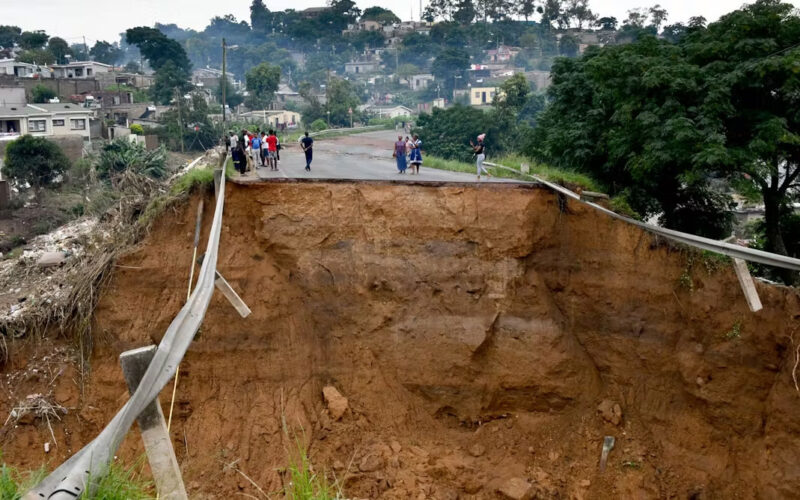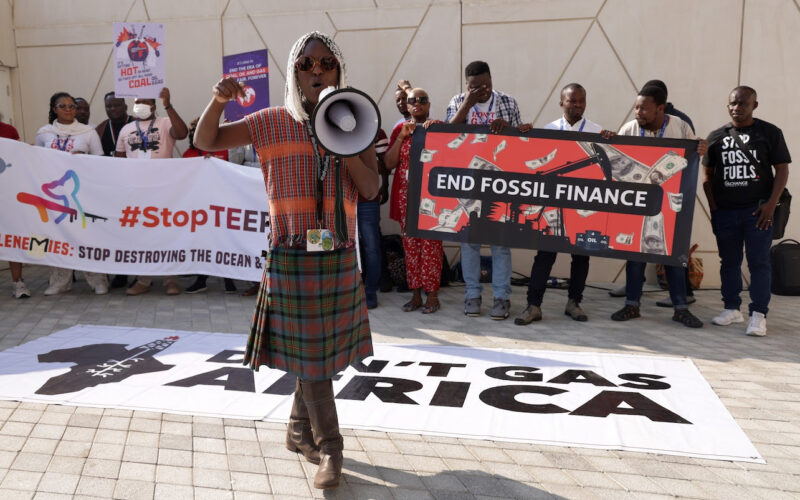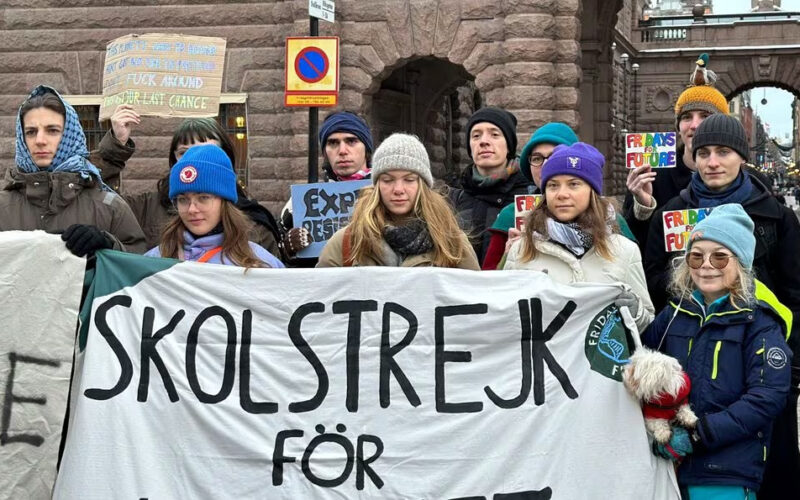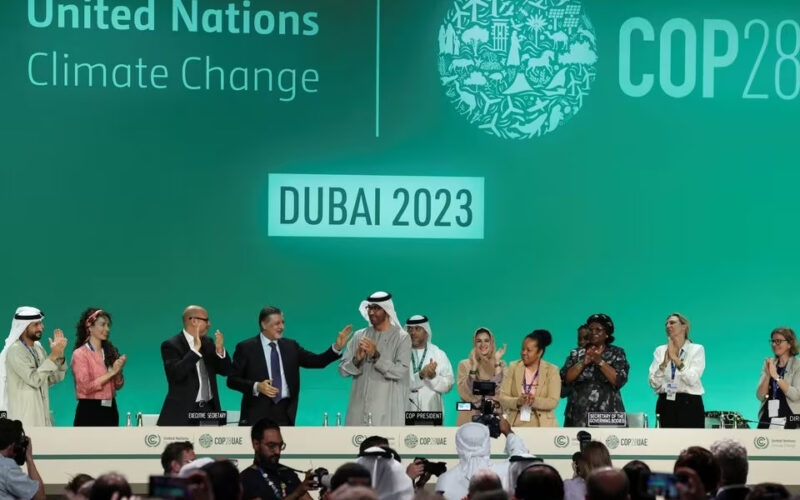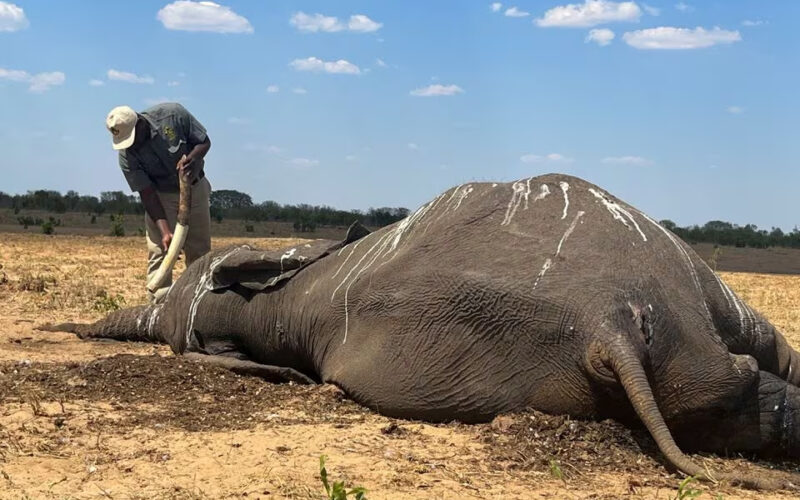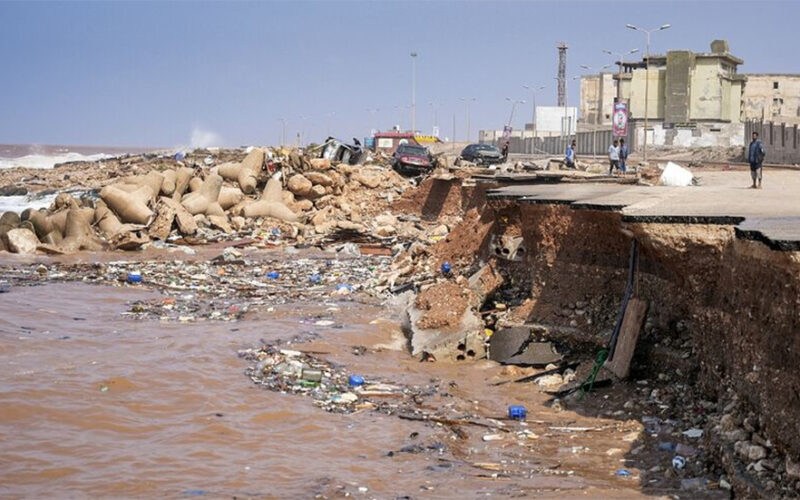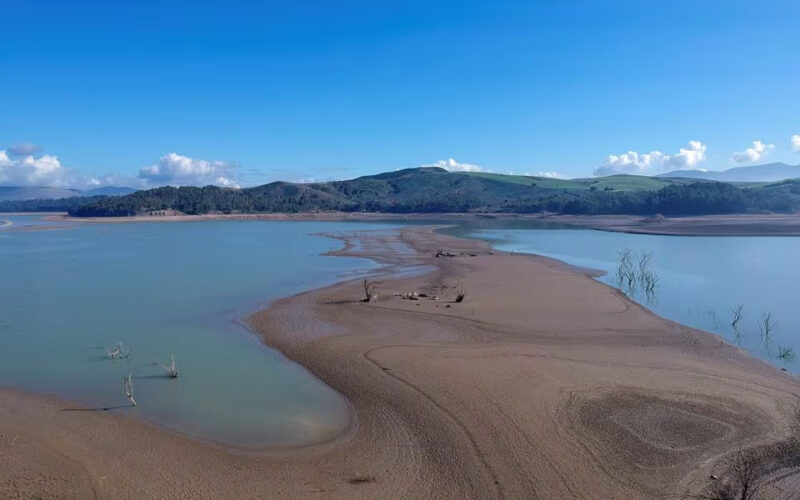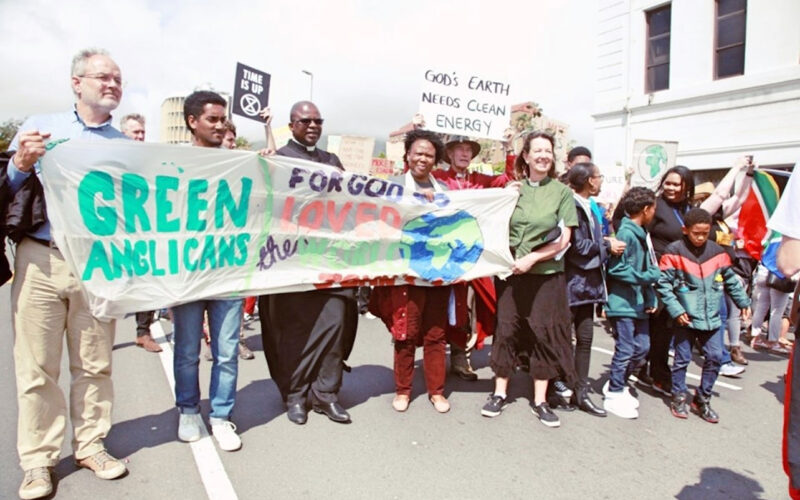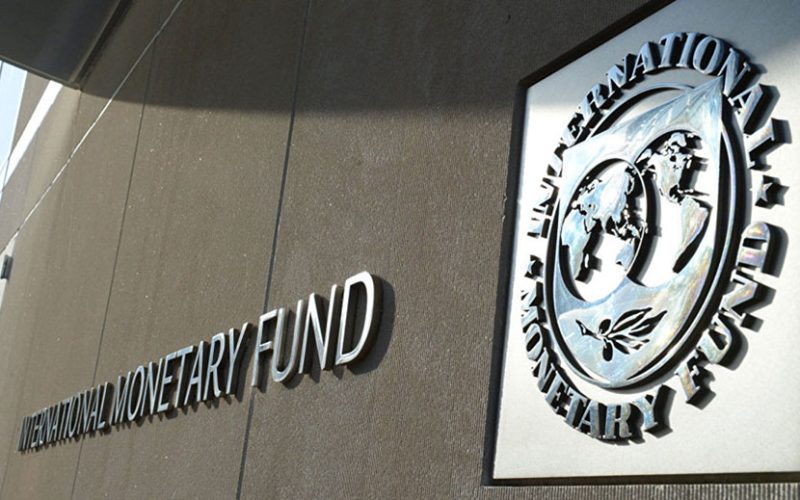
IMF reaches staff-level agreement with Ivory Coast for $1.3 bln resilience, sustainability facility
THE International Monetary Fund said that it had reached a staff-level agreement with Ivory Coast for a $1.3 billion programme to fight climate change supported by the fund's Resilience and Sustainability Facility. Ivory Coast, the world's top cocoa grower, is exposed and vulnerable to climate change, the IMF said in a statement. "Rising temperatures, rainfall disruptions, flooding, rising sea levels and coastal erosion are major challenges and represent recurring risks for resilient, sustainable and inclusive economic growth," the fund said. The reform measures between 2024 and 2026 will support Ivory Coast's actions to strengthen climate change adaptation and mitigation, particularly…

